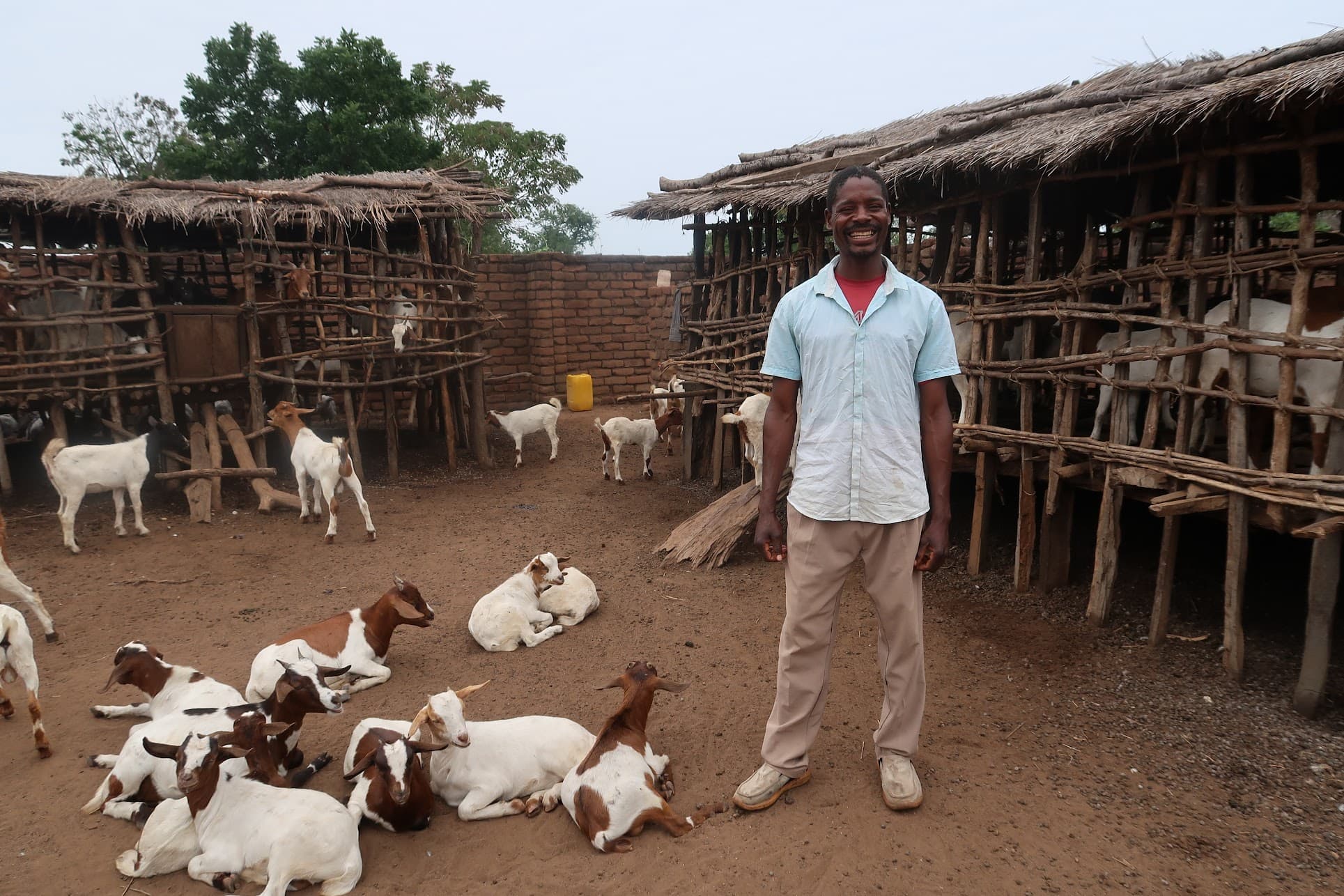The U.N. Climate Change Conference of Parties (COP27) happening right now in Egypt marks another critical opportunity for the world to talk about climate change.
The U.N. Climate Change Conference of Parties (COP27) happening right now in Egypt marks another critical opportunity for the world to talk about climate change. It’s likely that significant commitments will be made by countries and companies, but, again we note the lack of representation of grassroots women, men and youth currently facing the impacts of climate change — just like COP26. Without grassroots leaders in the room, no solution is sustainable and they won’t address the most pressing needs communities are facing today—or will face tomorrow.
Adaptation will be a major theme at COP27, but, as we’ve seen with past conferences, much of the funding is proposed at national levels. More funding is needed for community-led adaptation strategies. These strategies allow communities worldwide to leverage traditional agricultural practices that have helped mitigate climate variability for centuries, while also leading the innovation of modern adaptation techniques fit for today’s challenges. The FAO revealed in June 2022 that current on-farm climate adaptation options are insufficient to meet Sustainable Development Goal 2: of Zero Hunger. Partial adaptation to climate change mitigation won’t be enough to protect food systems and livelihoods. And so, we must ensure that smallholder farmers are fully enrolled in part of the solution-development and implementation processes from the very start.
At The Hunger Project, we work with small-scale producers to identify the challenges they face and identify solutions and opportunities to pilot.
For example, in Malawi, we are working with farmers who have recently experienced intense flooding to increase access to solar-fueled irrigation technology. In Bangladesh and Uganda, we are working with farmers to develop context-specific agroecological best practices to improve biodiversity and decrease reliance on costly agro-inputs.
COP27 President, Abdel Fattah El-Sisi, has stated that this year’s conference is “an opportunity to showcase unity against an existential threat that we can only overcome through concerted action and effective implementation.” This is a nod to the failure to implement any significant changes since last year’s conference, despite the urgency of the situation. The President’s promise for effective implementation needs to include all aspects of our global economy, particularly the food system.
We believe that real, global change can happen and conferences like COP27 are crucial to bring together all the stakeholders needed to drive progress. We hope that future COP conferences can be designed to be more inclusive and include a greater variety of perspectives and lived experiences. We are eager to see the outcomes of the conference and hope they will continue to propel us toward a more sustainable and healthy planet.
Image: Goat farmer Sabistone from Malawi in 2022, Photo for The-Hunger-Project

